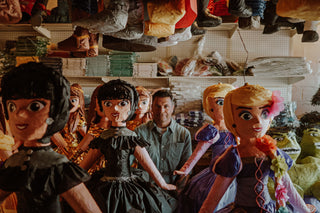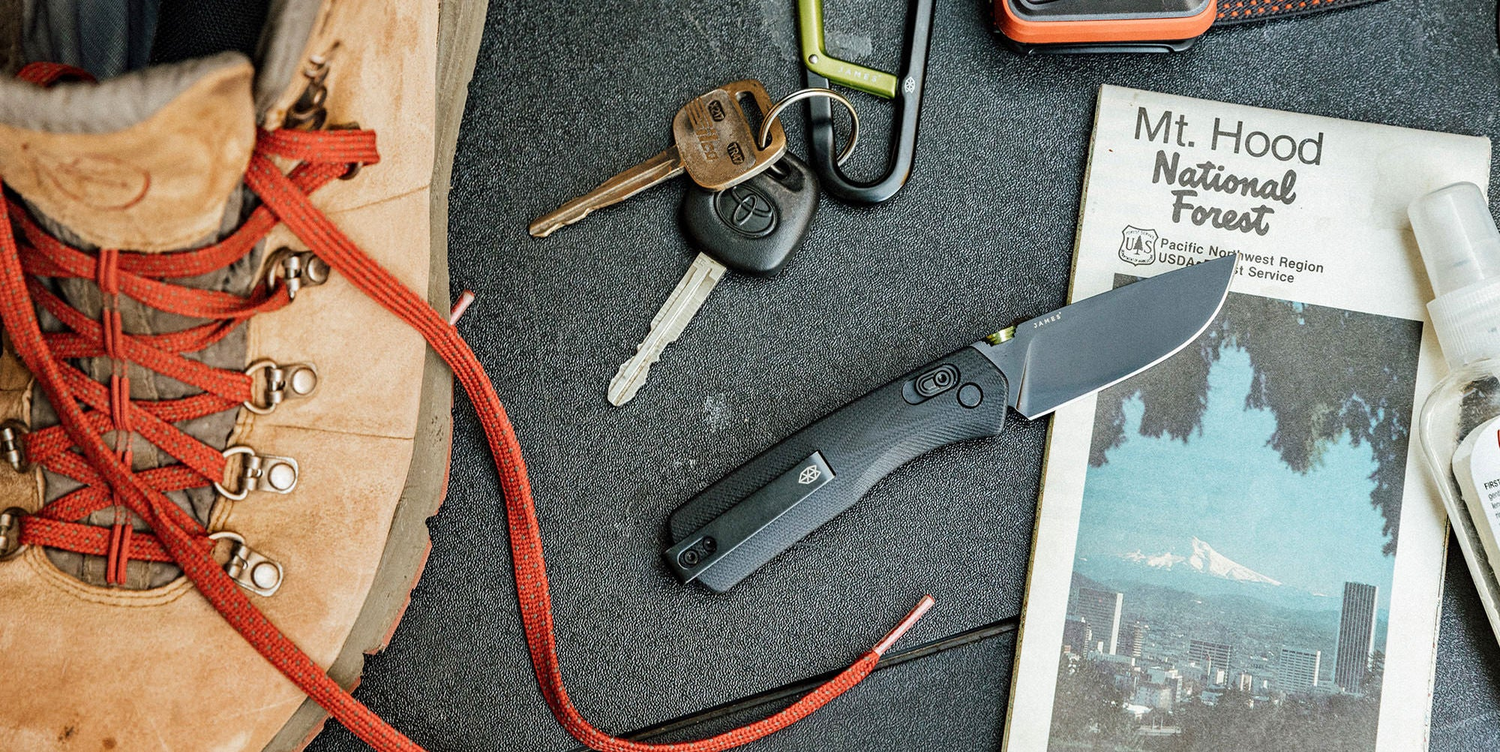We recently connected with famed son of the Pacific Northwest, Josh Rosen, and the crew of Huckberry’s food/adventure/travel show, DIRT, to lend our support for an episode featuring the people, flavors and environments of Texas. DIRT: Texas captures Josh and team roaming both Texas and Northern Mexico in search of authentic flavors and all-new experiences. It’s nothing but good times when you hit the road with an open mind.
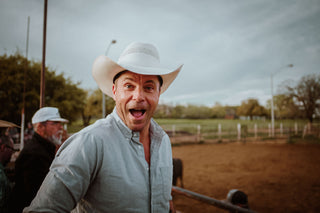
What places do you personally find to be really inspirational?
Josh Rosen (JR): The Art Center College of Design in Pasadena. My brother went there. I remember going and visiting, and I had been to other college campuses like the University of Washington, and other “regular” schools, but I had no idea that a place like Art Center even existed. I walked in and was like “This is the coolest, most beautiful thing I’ve ever seen in my entire life.”
“NYC is like a portal to the entire world; it’s such an amazing mash-up of so many different cultures.”
You went from being a snowboarder in the Pacific Northwest to owning a boutique surf shop in NYC. What was your favorite part of the Saturdays NYC experience?
JR: NYC is like a portal to the entire world; it’s such an amazing mash-up of so many different cultures. I loved being in the store, because, for me, interacting with people, and especially with the people you would encounter in NYC, was always just insane.
Our employees were from all around the world, and they were all very curious about what was happening out there.
I said to my employees: “I don’t care what you do, do what you want to do. Whether that is being a musician, or an actor or a marketing director; whatever. Whatever is that you want to do, somebody is going to walk through that door and interact with you and create a space for you to be able to do what you want to do, I promise. I get that you don’t want to sell t-shirts for fifteen bucks an hour for the rest of your life, and I don’t expect you to. That’s fair; I get it.
I’m going to ask you to do the very best you can, and I want to inspire you to talk to every single human being that walks through that door. I guarantee that the connective tissue will be there.”
The simplest of questions like “How’s your day going?” can be enough to open up the door. And it’s difficult to impart this to kids now, as so few people are having genuine interactions like we had at Saturdays.”
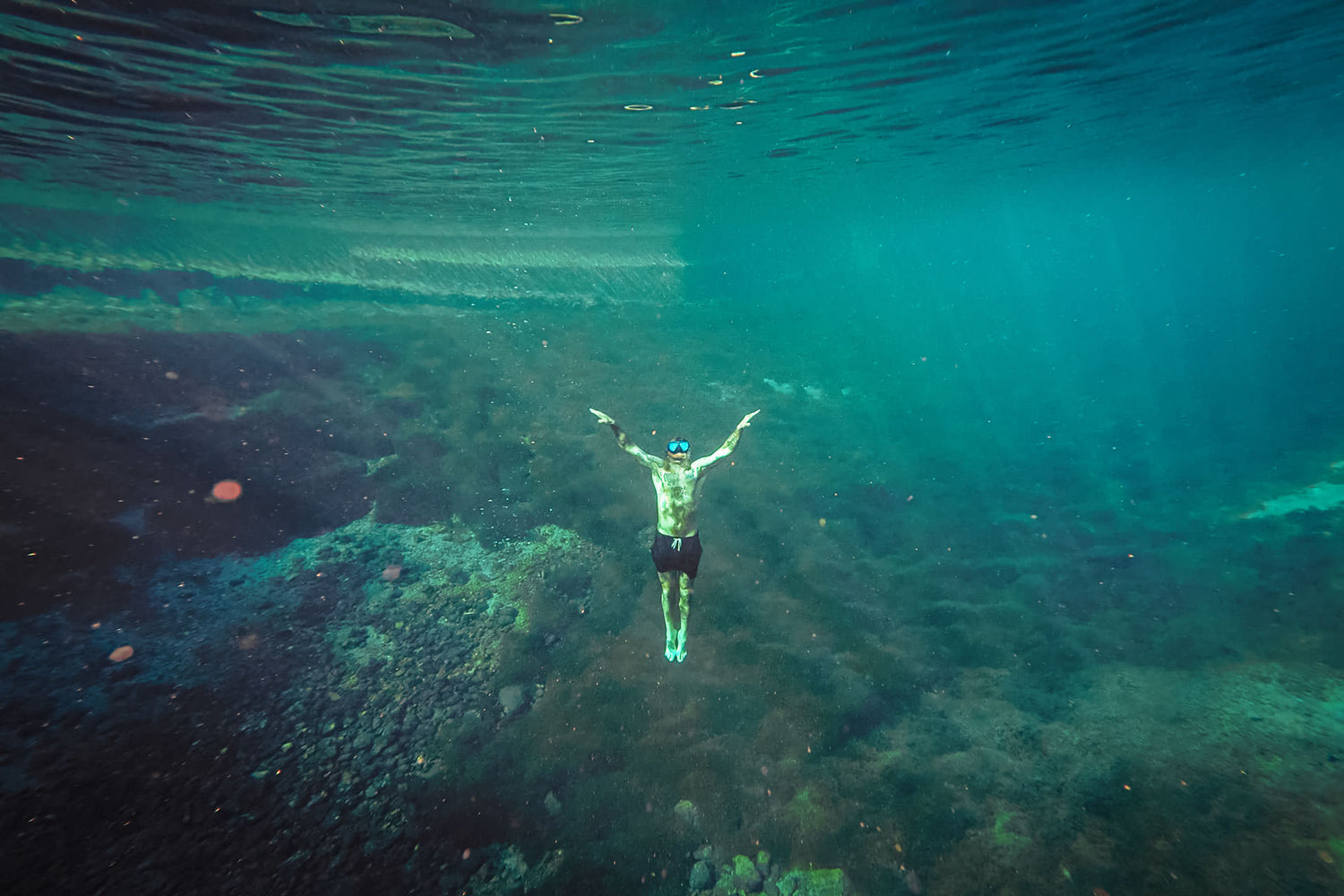
“You’ve lived a certain number of years, and you have a story and a passion.”
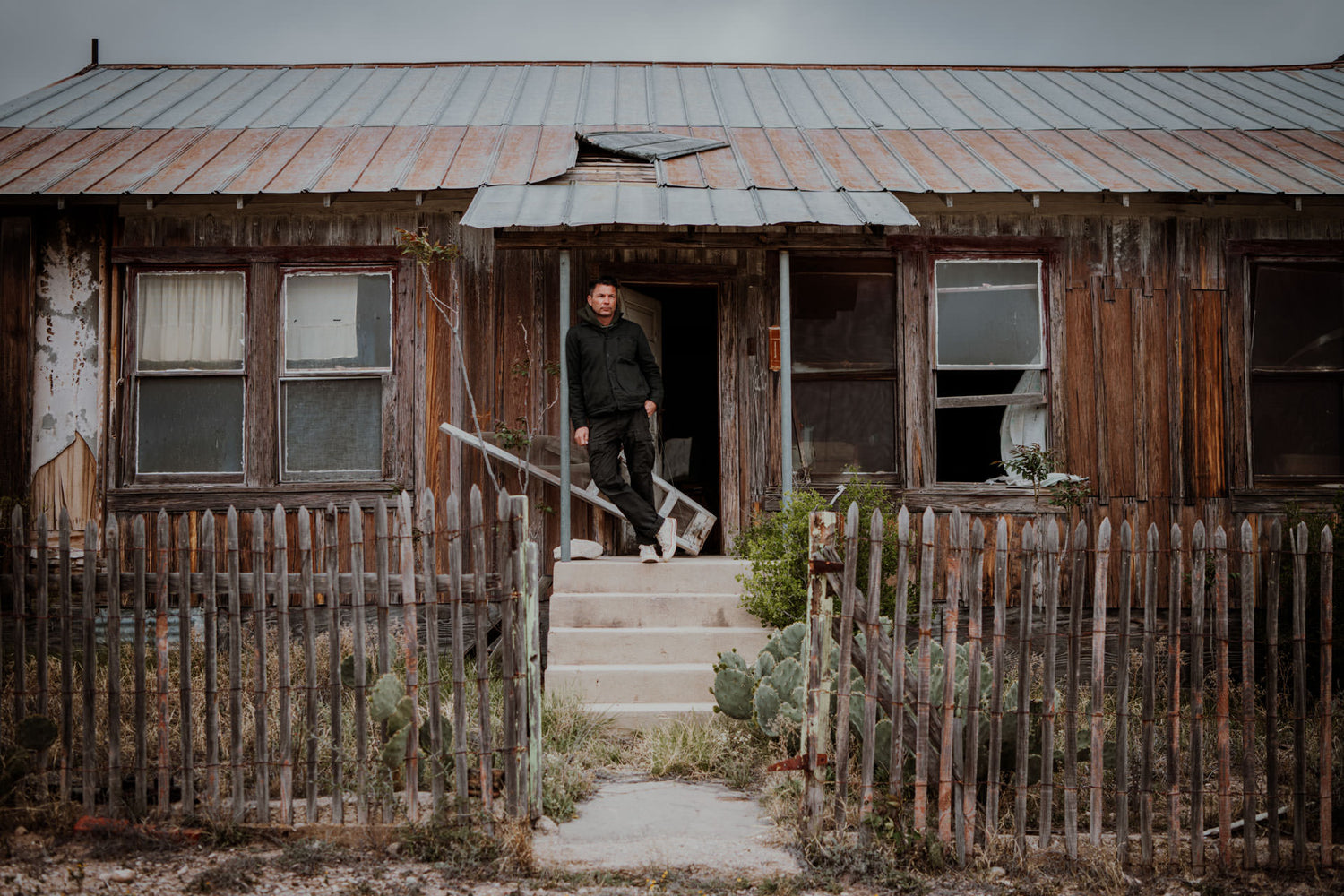
Tell us about a memorable snow session.
JR: I was just up at Mt. Hood, and I was riding this secret halfpipe session with some of the very best snowboarders out there: Danny Davis, Scott Stevens and others. There’s a very young Japanese girl, a pro for Lib Tech, and then you’ve got me, the “old guy”. Everybody is hiking; there’s no rope tow, so nobody goes there. It’s completely empty all day, so it’s just me and a few of these pros; it’s totally ours. It was totally sunny, and Danny Davis is going like 25 feet out, and another kid is trying to figure out handplants, and everybody is just totally psyched for everybody else; everybody is totally hyping each other up, no matter the ability level. “Let’s go! Come on buddy!”. I’m 45 years old and doing my best, and this little Japanese girl is totally hyping me up! That was something that I hadn’t felt in so long. A complete stranger hyping up another complete stranger, with a shared sense of passion between them. It was one of the coolest experiences I’ve had in a long time. The snow community is going to be alright; the kids are OK. We were in this bubble in space and time that was so just so high energy; it existed for that moment and then it was gone and that was the beauty of it. That’s the beauty of sports (?) like skateboarding and snowboarding; that’s the lightning in a bottle.
“It existed for that moment and then it was gone and that was the beauty of it.”
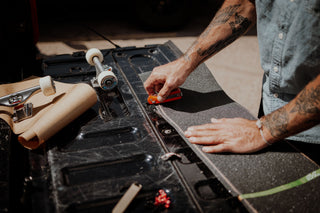
So much media is digital and immediate these days; Do you still consume analog magazines or other analog media?
JR: You know the Huffman brothers? Lucas and Jesse? Their parents are super cool; they were ski patrollers I think and were committed to those guys being in the snow world. I was at their parents house and they had collected every Transworld (Transworld Snowboarding Magazine, now defunct) and Snowboarder from their inception. This was like 20 years of magazines. They had a full room in the house. I sat there for about 5 hours going through every single one, page by page. It was like taking a tour of my past. It was wild, because I was so connected to some of those images. It totally snapped me back in time. We were all trying to figure things out based on those still images. Where did they come from? What was their body language? Where are they landing?
What’s your relationship like with social media?
JR: I don’t have a super addictive personality. I've never had an issue with things like drugs or alcohol or any of the fun things that people have trouble with, but Instagram has got me in like, in its clutches; it’s disturbing.
Kids are just looking at flicks on Instagram, but it almost feels like they're more excited about the idea of the lifestyle around particular experiences rather than the experiences themselves.
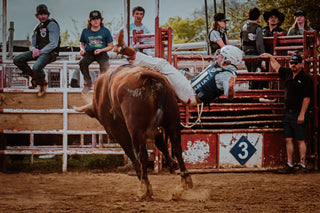
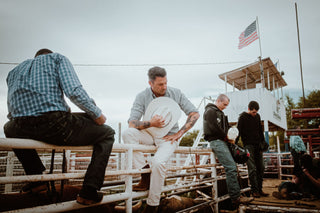
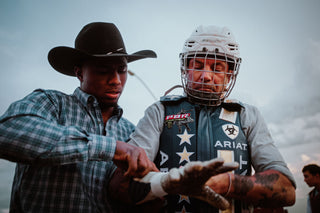
What was the insight that made Saturdays happen?
JR: We were skateboarders and surfers living in New York City. We didn't dress like skateboarders. We didn’t dress like surfers.
We're dressing in this 50’s and 60’s era surf style: chinos, quaffed hair, Oxford button downs, white tees and Vans. You could have placed us in 1964 Malibu and we would have gone unnoticed. Nobody else was doing it like this. It was a mashup of the worlds we came from, and the energy and moment of NYC.
“Nobody else was doing it like this. It was a mashup of the worlds we came from, and the energy and moment of NYC.”
With Saturdays, why the surf focus vs. the skate focus?
You guys were into both skateboarding and surfing?
JR: Skateboarding is more territorial and intense; everything is under a microscope and you're gonna get called out really fast. With surfing, less so. There was more of a lifestyle vibe that existed in surfing already. Getting called out is the sort of stuff that you, gets you excited; it puts gasoline on your fire when somebody tells you that what you are doing isn’t authentic, because we know that it is, but you have to understand the full context. You can say whatever you want about us, but this is us.
“You can say whatever you want about us, but this is us.”
How was your career as a professional snowboarder?
How did that morph into the things you do now?
JR: I was never really a great snowboarder; I’m a better snowboarder now than I ever was a a kid. I was just super excited to be a part of the culture. My Dad was an attorney, and really had the gift of the gab. I learned how to talk to people from watching him. So I was personable, and chatty and that got me far in that world.
After my snowboarding career was over, I moved to New York and started on that next chapter. The things that I had learned in snowboarding about how to connect with people really helped me in NYC and in everything else I’ve ever done since.
What makes NYC so special?
JR: When people initially come to NYC they’re a bit sheepish, you know? And then, within a few months, you see them out at the club, and they are totally being their authentic selves. Everybody embraces it. There’s somebody stranger than you doing something stranger than you right next door. NYC is a place where you can just breathe and be yourself. There’s a lot of passion in NYC; people are on the move and they work hard. You are spent (in a good way) when you go home at the end of the day and put your head on the pillow. But you're also fulI. You don't experience that in any other place.
“There’s somebody stranger than you doing something stranger than you right next door.”
You rode your bike a lot in the city. What was it like commuting to Manhattan from Brooklyn?
JR: Living in Brooklyn was the best because I got to go over the bridge on my bike twice a day, every day. The people and things you see on the Brooklyn Bridge are always super inspiring. I saw hundreds of different kinds of people, from the uber-religious, to the people living on the streets; finance bros, skateboarders, everybody. You had just been exposed to so many angles on living in NYC in 20 minutes; that was enough for me to feel inspired and be creative all day.
Alright Josh, I think that’s it for now. Thanks for taking the time!
JR: That was fun; always good to talk about those experiences. Thanks for the good times TJB!
Check out the full episode of Dirt.
